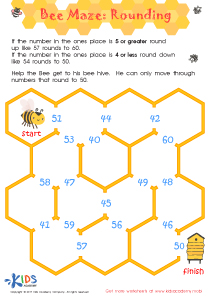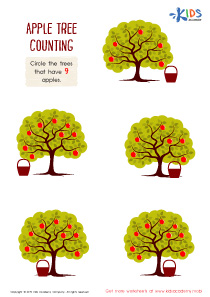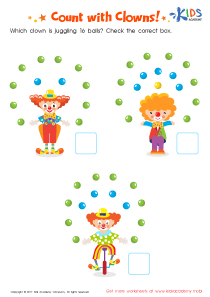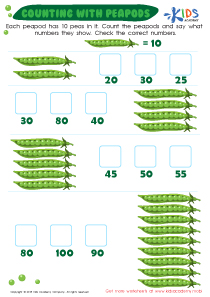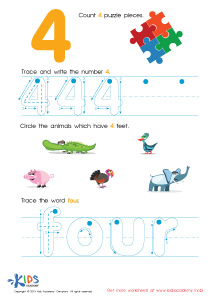Extra Challenge Comparing Numbers Worksheets for Ages 3-7
4 filtered results
-
From - To
Unlock new learning adventures with our Extra Challenge Comparing Numbers Worksheets for Ages 3-7! Specially designed for young minds, these engaging worksheets offer a fun and educational way to practice comparing numbers, building confidence, and honing critical math skills. Kids will delight in a variety of activities that encourage them to identify greater than, less than, and equal to symbols. Perfect for parents and teachers, these printable worksheets are an excellent resource to support early math learning at home or in the classroom. Take the first step in cultivating a strong numerical foundation today!
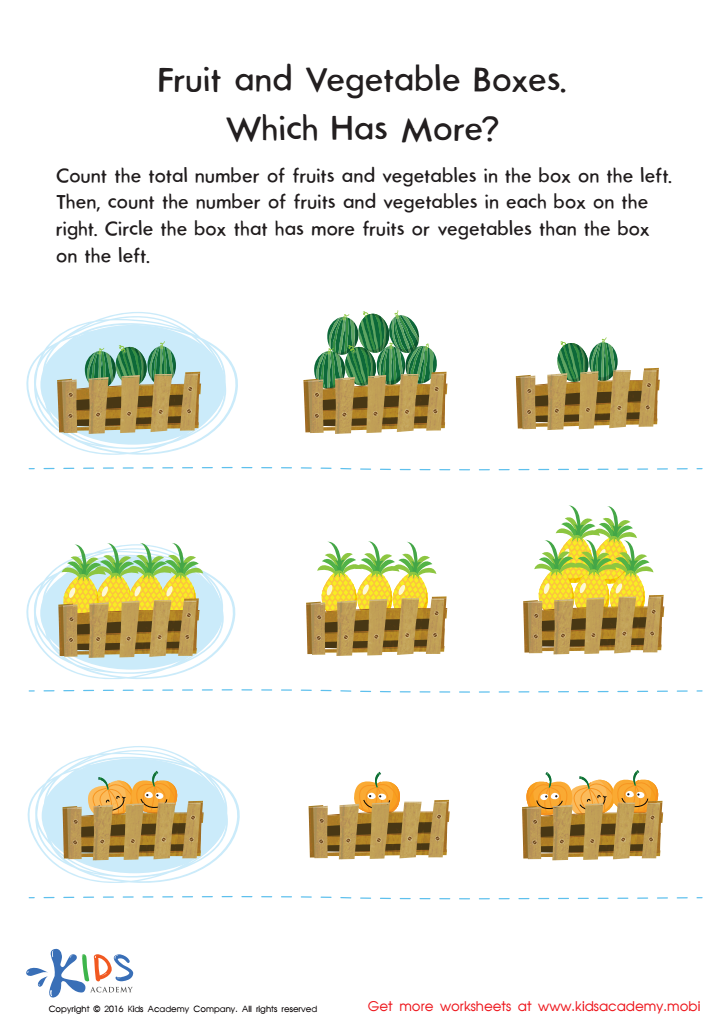

Which Has More? Size Worksheet
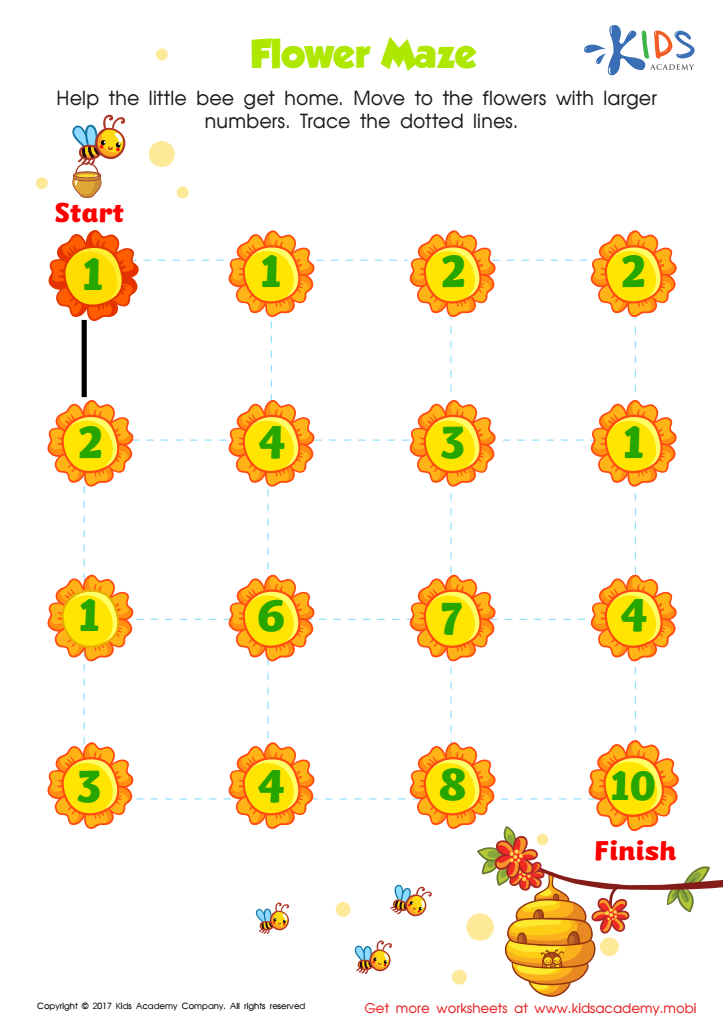

Number Maze For Kindergarten Printable
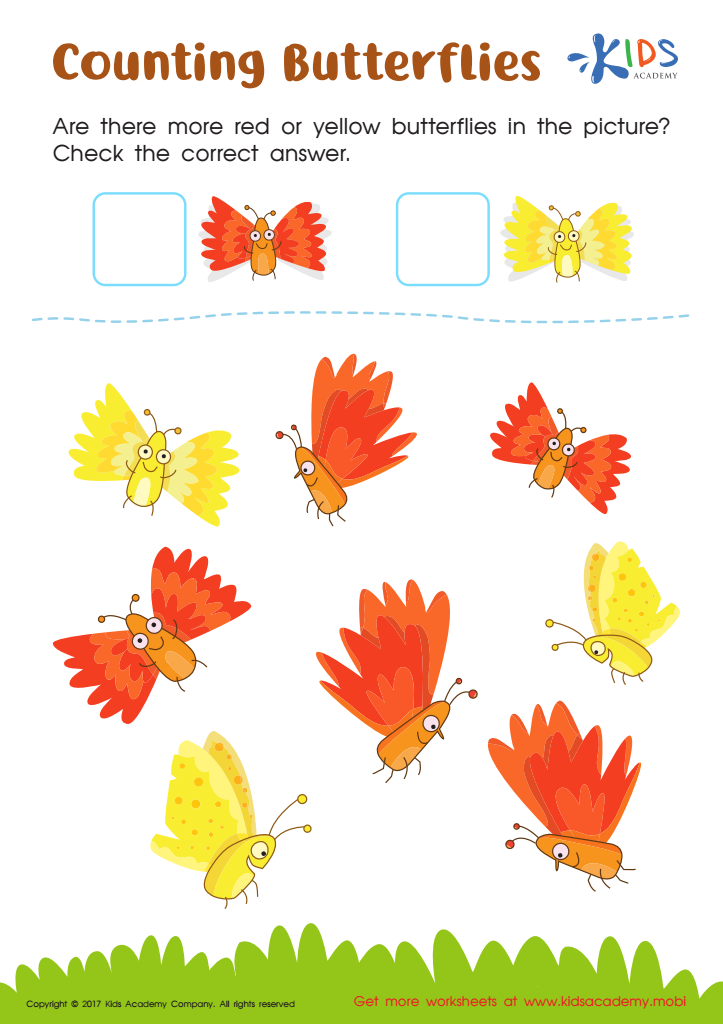

Counting Butterflies Worksheet
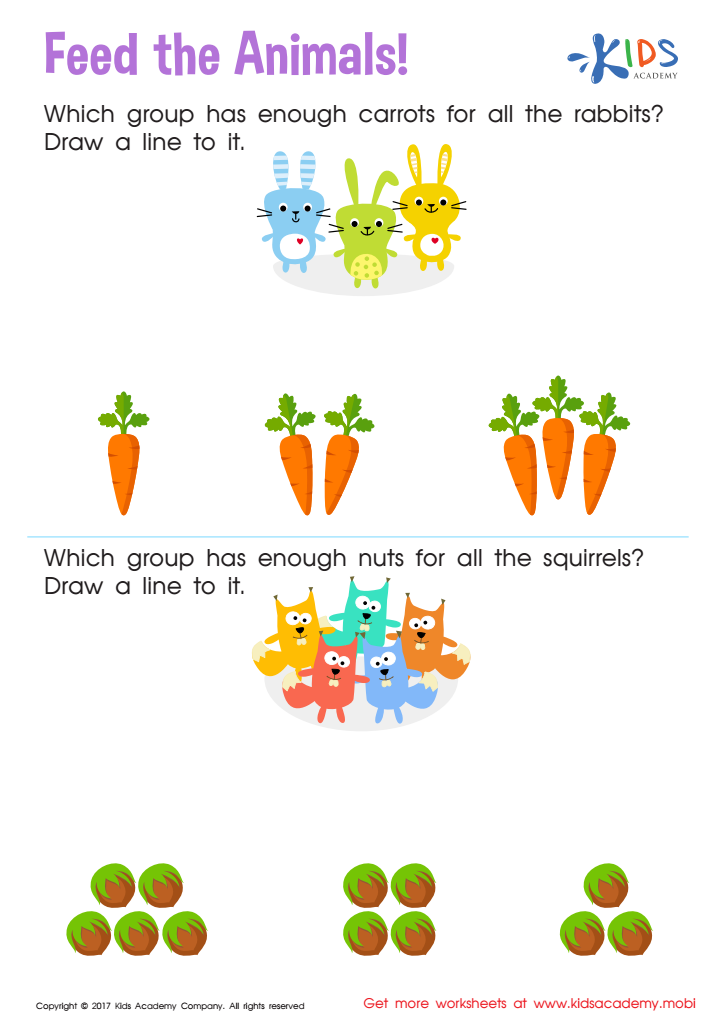

Count and Match: Feed the Animals Worksheet
Introducing children aged 3-7 to Extra Challenge Comparing Numbers holds substantial benefits for their developing minds. During these formative years, children's cognitive abilities are highly impressionable, and engaging them with age-appropriate math challenges can lay a strong foundation for future academic success.
First, comparing numbers fosters critical thinking and problem-solving skills. Kids learn to evaluate and determine which numbers are larger or smaller, enhancing their analytical abilities. This skill is fundamental not only in math but also in everyday decision-making, helping them make sense of the world more effectively.
Second, such challenges nurture a sense of curiosity and enthusiasm for learning. When children encounter fun, interactive activities that involve comparing numbers, they're more likely to develop a positive attitude toward math. Early positive experiences with math can mitigate math anxiety and build confidence in their abilities.
Third, it aids in developing fine motor skills and attention to detail as many comparing number activities involve physical manipulatives or visual aids. Engaging with hands-on materials can improve hand-eye coordination and increase focus.
Lastly, building early numeracy skills through comparison exercises translates to better performance in more complex math problems later. Parents and teachers should champion these activities to ensure children develop a lifelong love and proficiency in math.

 Assign to the classroom
Assign to the classroom






